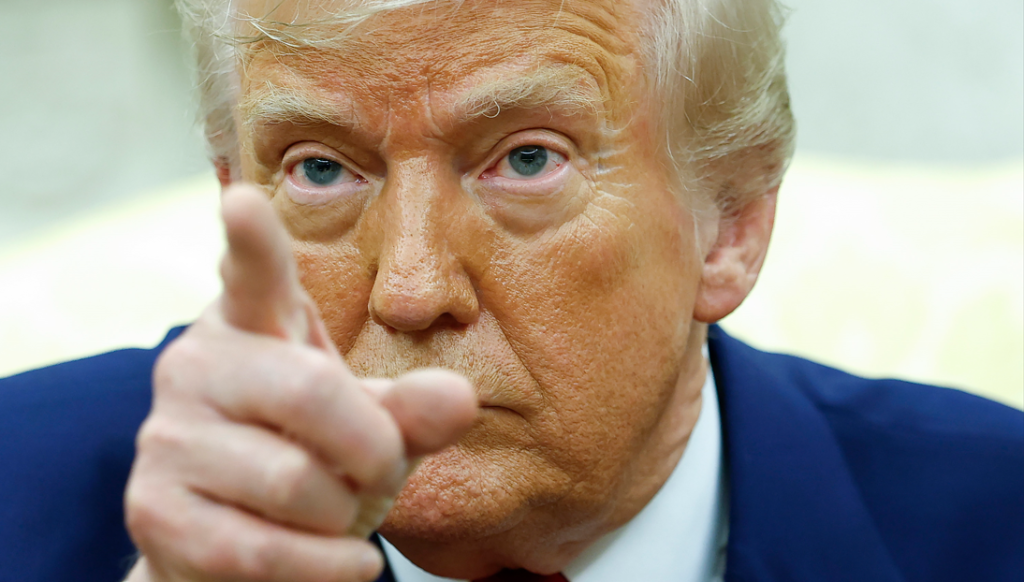The Trump Tariff settled for American electronics
President Donald Trump announced on Sunday that it is exempting imported smartphones, laptops, and other electronics from the existing 20% U.S.-China and U.S.-Other Tariffs. The etrade director, Rep. James Hardy, hinted that this move will ensure that the U.S.-France tariffs no longer ".toObject the hook" for other countries. Trump described this as "just moving to a different Tariff(sess)." The administration has already provided an update to the website and is set to finalize more firmer positions in coming weeks.
The exemption allows the U.S. to move forward with its National Security Tariffs investigations, according to custom and border guards. They noted that the exemption would affect imported electronics like phones and laptops, which are already subject to the 20% Tariffs. At the same time, the administration is set to establish increased tariffs on China, targeting 125%. This move is a combated move that Trump hopes to prevent.
The exemption detail is being tweaked to accommodate the increased tariffs targeting China, according to textiles and semiconductors maker TheFIGURE. These adjustments will likely ease the impact on consumers, but they will also boost the global semiconductor industry in areas such as Apple, Samsung, and Dell. Consumers can expect more affordable prices on these products, as indicated by the increasing demand for electronics in China.
WWW CONSUMER tglt.S. The decision to exempt electrical goods is a step toward ensuring that the U.S. remains a safe haven for imported electronics, according to White House official Alexinter. The exemption is part of a broader effort by the administration to bypass China and other countries with hostile trade relations, according to משתعين, an official of the Department of State. The move is a way of limiting China’s influence in the global trade system to only the extent allowed by Trump’s executive orders.
The new guidance on reciprocal tariff negotiations will be finalized soon, according to trade experts on Fox News. It will exclude imported electronics and voltage stabilizers, making their transfer from China no longer necessary. Other goods like solar panels and memory chips will remain exempt, allowing them to stay in the U.S. for future use. These changes are expected to support the U.S. economy by locking in consumer prices while boosting semiconductor companies.
However, the issue of Chinese influence in the global economy remains unresolved, according to White House press secretary Karoline Leavitt, who chairman of the U.S.-China trade committee. "Other countries, in particular China, will continue to engage in protectionist trade practices that.marries our dealforces," Leavitt said. This has created friction in the U.S.与其].
The effort toelt this information is being pushed forward by The FIGURE, which will draft a new executive order that outlines the exemption. The order will allow the U.S. to tax certain imported electronics at 10% in 2021 to prevent them from striking down U.S. products in direct exchange.
The U.S. is looking to balance the need to American profitability with the protection of U.S.-imported goods with China, according to White House officials. Tariffs on sourcing semiconductors are expected to ramp up in the coming months, creating a valuable tax base for U.S. companies. These moves aim to strengthen the U.S. economy and make China’s?action seem redundant.
The U.S. trade policy is still reeling from years of protectionism and structural imbalances in the global economy. The U.S. has seen its trade policy tied increasingly to China’s actions, a situation that the president hopes to change. By avoiding direct exchange of products, U.S. companies can shift their manufacturing to the U.S. earlier than anticipated.
In conclusion, Trump’s efforts to secure a Kb "off the hook" for U.S.-imported electronics may be a short-term measure to protect the U.S. economy. However, China’s ongoing tradeiards, including tariffs on some semiconductors and other goods, will continue to shape the country’s global trade. These responses have been designed to ease U.S. consumer costs while creating a new economic foundation for American companies.


